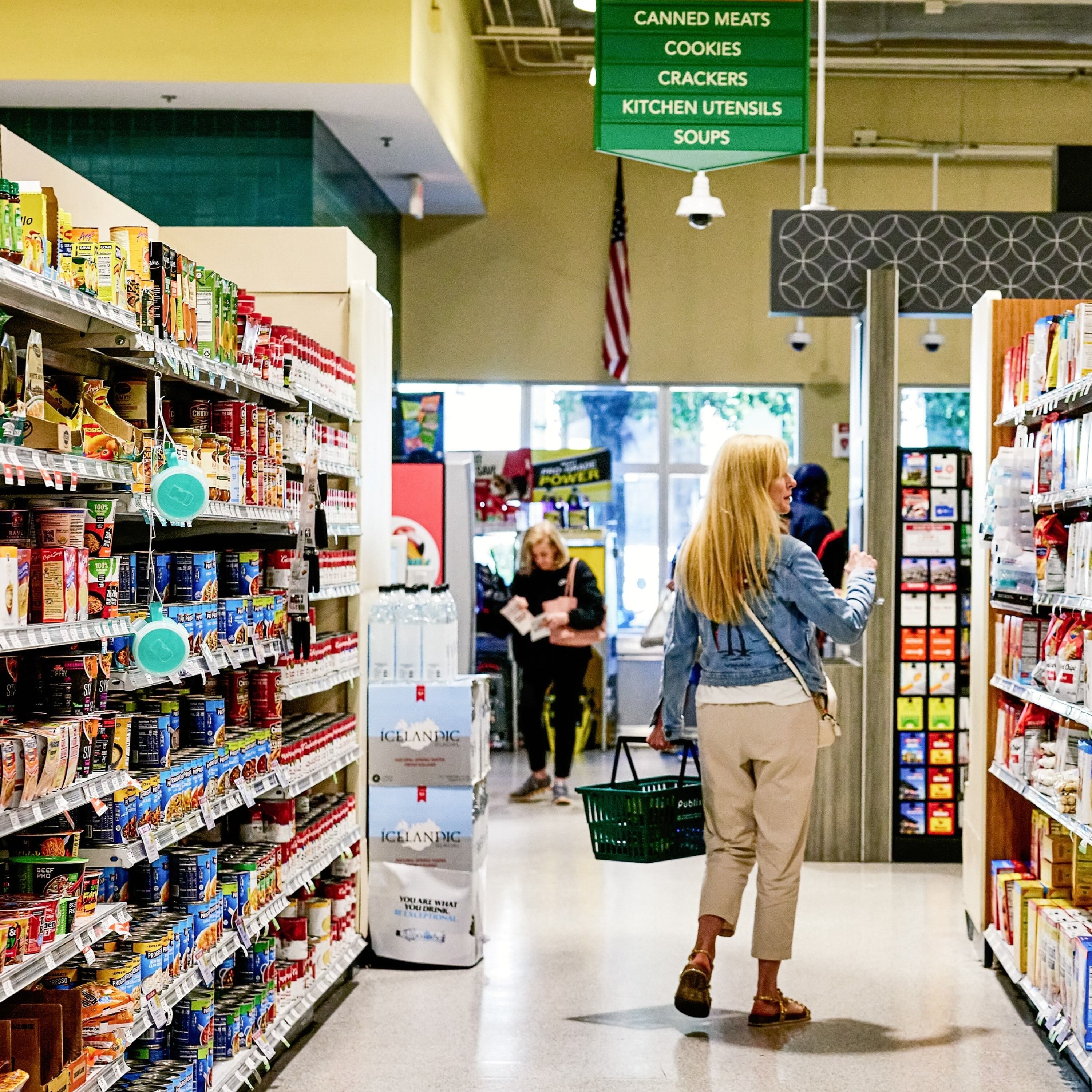
Deep Dive
What are ultra-processed foods?
Ultra-processed foods are industrially produced products that include ingredients not typically used in home cooking, often with long lists of unrecognizable ingredients and machinery-dependent production methods.
How much of the U.S. food supply is ultra-processed?
About 70% of the U.S. food supply is classified as ultra-processed.
Why have ultra-processed foods proliferated in the U.S.?
They are convenient, shelf-stable, inexpensive, and allow for quick meal preparation, making them appealing to consumers. Additionally, tobacco companies, which owned food brands in the 1980s and 1990s, pioneered hyperpalatable foods, which are highly addictive.
What is hyperpalatable food?
Hyperpalatable foods are high in at least two nutrients, such as high fat and high salt, or high carbohydrate and high sugar, making them highly addictive and harder to stop eating.
What did the study by Kevin Hall reveal about ultra-processed foods?
Participants in the study gained two pounds in two weeks while on an ultra-processed diet, consuming 500 more calories per day than on an unprocessed diet, without realizing it.
Why is it challenging to prove that ultra-processed foods cause obesity and other health problems?
Diet is complex, and other factors like sleep, exercise, stress, and access to healthcare can influence health. Clinical trials are needed to isolate the effects of ultra-processed foods, but such studies are difficult and time-consuming.
What are some potential reasons why ultra-processed foods lead to overeating?
They may be hyperpalatable, triggering addictive responses in the brain, or they may pack more calories per bite, making it easier to consume more without feeling full.
How are countries addressing the issue of ultra-processed foods?
Some countries are implementing warning labels on ultra-processed foods, limiting their marketing to children, and removing them from school meals to promote healthier eating habits.
Why has it taken so long to study the effects of ultra-processed foods?
Nutrition research has been underfunded, with much of it sponsored by food companies that have little incentive to investigate negative effects. Only about 5% of the NIH budget goes to nutrition research.
Could ultra-processed foods follow a similar trajectory to tobacco regulation?
Yes, there is growing interest among addiction scientists in studying the addictive nature of certain foods, which could lead to more regulation and changes in the food environment to combat obesity.
- Nearly three-quarters of American adults are obese or overweight.
- Ultra-processed foods make up approximately 70% of the US food supply.
- Ultra-processed foods are industrially produced and contain many hard-to-understand ingredients.
- Even seemingly healthy options like flavored yogurt can be ultra-processed.
Shownotes Transcript
A new study has found that nearly three-quarters of American adults are now obese or overweight, and there’s growing concern — among politicians, scientists and consumers — about one potential culprit: ultraprocessed foods.
Guest: Alice Callahan), a nutrition and health reporter for The New York Times, discusses how these foods came to be such a big part of what we eat, and why that’s so hard to change.
Background reading:
- There’s not enough evidence to recommend avoiding ultraprocessed foods, a scientific advisory committee says. Some experts disagree).
- Name a common condition — heart disease, Type 2 diabetes, cancer, dementia, irritable bowel syndrome — and chances are good that a diet high in ultraprocessed foods has been linked to it).
For more information on today’s episode, visit nytimes.com/thedaily). Transcripts of each episode will be made available by the next workday.
Unlock full access to New York Times podcasts and explore everything from politics to pop culture. Subscribe today at nytimes.com/podcasts) or on Apple Podcasts and Spotify.
